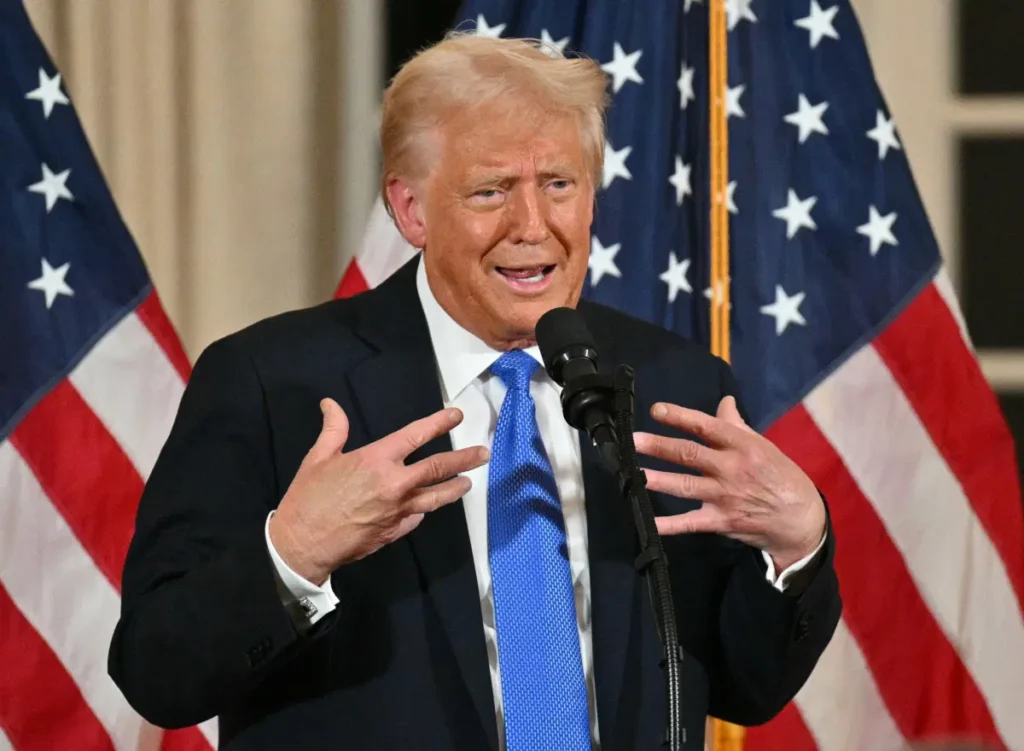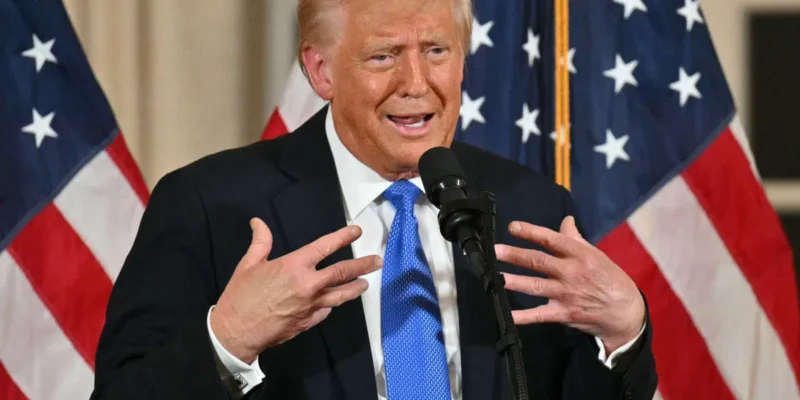
A federal judge on Friday temporarily blocked the Trump administration’s controversial move to revoke Harvard University’s ability to host and enroll foreign students, following an intense legal challenge from the Ivy League institution.
The ruling came just one day after Homeland Security Secretary Kristi Noem abruptly stripped Harvard of its certification under the Student and Exchange Visitor Program (SEVP), putting the academic futures of thousands of international students — and billions in federal funding — at risk.
In a strongly worded response, Harvard filed suit in a Massachusetts federal court, calling the government’s action “unconstitutional,” “retaliatory,” and “an attack on academic freedom.” U.S. District Judge Allison Burroughs granted a temporary restraining order, effectively freezing the policy until a hearing scheduled for May 29.
“The Trump administration is hereby enjoined from implementing… the revocation of Plaintiff’s SEVP certification,” Judge Burroughs ruled.
A Political and Legal Firestorm
President Donald Trump’s administration has ramped up pressure on Harvard in recent months, accusing the university of fostering antisemitism, promoting “woke” liberal ideology, and resisting federal oversight of its hiring and admissions practices.
In addition to Thursday’s SEVP revocation, the administration has:
Threatened to place $9 billion in federal funding under review
Frozen $2.2 billion in grants and $60 million in government contracts
Targeted a Harvard Medical School researcher for deportation
The lawsuit alleges these moves are in retaliation for Harvard exercising its First Amendment rights and refusing to let the government dictate the school’s governance, curriculum, or ideological orientation.
“This is the latest act by the government in clear retaliation,” the filing stated. “The action is arbitrary, capricious, unlawful, and unconstitutional.”
Harvard Responds
Harvard President Alan Garber condemned the administration’s move as “unlawful and unwarranted,” warning it could devastate the futures of thousands of students and scholars.
“It imperils the futures of students and sends a chilling message to international scholars across the U.S.,” Garber said in a statement.
Foreign students make up more than a quarter of Harvard’s student population. Losing them could deliver a serious financial and reputational blow to the university, which charges tens of thousands of dollars annually in tuition.
International Fallout
The decision sparked criticism from abroad, with Chinese officials warning the move could damage the U.S.’s global reputation. Chinese students make up over 20% of Harvard’s international body.
“The Chinese side has consistently opposed the politicization of educational cooperation,” said foreign ministry spokesperson Mao Ning. “This will only harm the international image of the United States.”
Meanwhile, students are already weighing their options. Karl Molden, a 21-year-old Austrian student studying government and classics, said he had applied to transfer to Oxford in the UK.
“It’s scary and it’s saddening,” Molden said. “Getting into Harvard was the greatest privilege of my life.”
Faculty members and academic organizations also spoke out. The Harvard chapter of the American Association of University Professors called the move “a nakedly authoritarian and retaliatory attack on America’s oldest institution of higher learning.”
As legal proceedings continue, all eyes will be on the May 29 hearing that could shape the future of foreign enrollment at U.S. universities — and the limits of federal power over academic institutions.

Comments